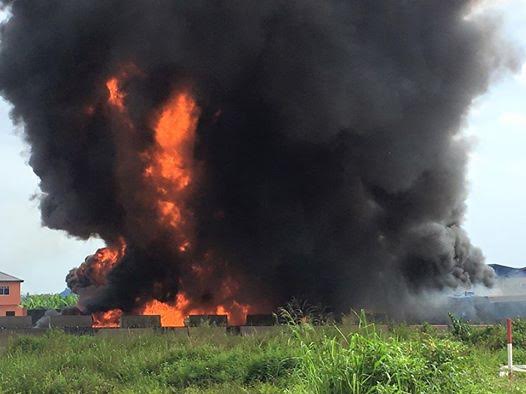Growing numbers of African migrants passing through Libya are traded in what they call slave markets before being held for ransom, forced labour or sexual exploitation, the U.N. migration agency said on Tuesday (April 11).
West African migrants interviewed by the International Organization for Migration (IOM) have recounted being bought and sold in garages and car parks in the southern city of Sabha, one of Libya‘s main migrant smuggling hubs.
Migrants are traded for between $200 and $500 and are held on average for two or three months, Othman Belbeisi, head of the IOM’s Libya mission, told journalists in Geneva.
The migrants – many from Nigeria, Senegal and Gambia – are captured as they head north towards Libya‘s Mediterranean coast, where some try to catch boats for Italy.




